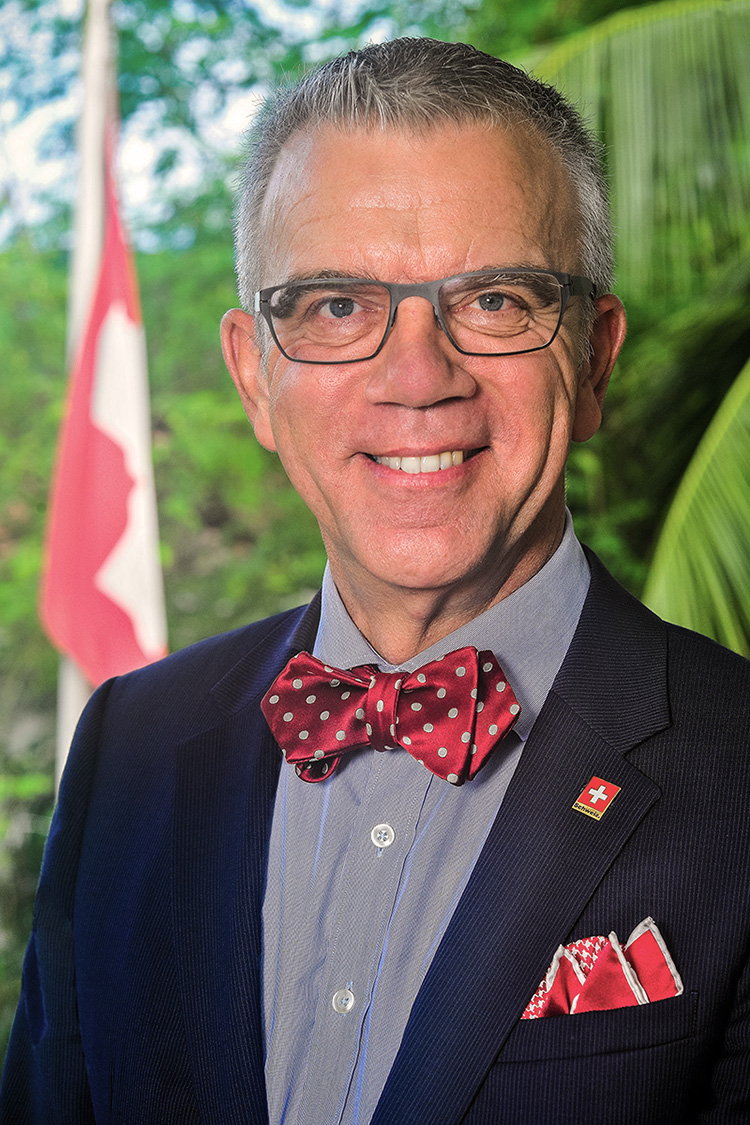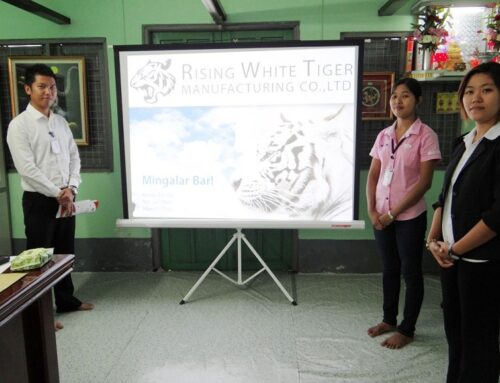
Opened in October 2012, the Embassy of Switzerland aims to contribute to the construction of stable democracy, reduction of chronic poverty and sustainable growth of the national economy in Myanmar. Paul Seger, Ambassador of Switzerland to Myanmar, discusses current challenges that the country is facing, as well as the Embassy’s supporting role in peaceful transition to a democratic society.
European Times: What are the Embassy’s main tasks?
Paul Seger: As official representative of Switzerland, the Embassy covers all matters concerning the diplomatic relations between the two countries. Bilateral meetings are used to strengthen the relations between Switzerland and Myanmar and events organized or supported by the Embassy highlight Switzerland’s commitment to building bridges between two different cultures. Besides, we aim at supporting the political and socio-economic development of Myanmar through various programs and projects. Over the last four years, Switzerland has invested over US$150 million in development assistance and support for peace, human rights and democracy.
European Times: What are some current challenges the country is dealing with?
Paul Seger: Myanmar is facing great challenges in the field of financing new infrastructure, especially in the energy sector. Finance demands in all areas are enormous and some changes in taxation must be done. There is need not only of balancing the ratio between GDP and taxes, but also in creating an organized taxation system and departments that will bring more discipline and increase in collected taxes. The government also needs to boost private investments, mainly in electricity and transport, as well as to strengthen its institutions and provide a comprehensive economic plan defining the long term direction of the country.
European Times: What are the Embassy’s initiatives and projects regarding the sustainable prosperity of the country?
Paul Seger: With a difficult past behind, Myanmar is on its way to a promising future and we want to provide our support. Together with the government, parliament, civil society and all political parties, the Embassy is working hard to alleviate poverty and ensure transition to a new, open society, taking in consideration that peace, development and human rights are the foundations for sustainable prosperity.
The Embassy is concentrating its work on four areas: development, humanitarian assistance, peace process and issues related to democratization and human rights. In this context, the Embassy provides support in agricultural development and secure access to food, professional trainings and transfers of know-how and empowers the local population to govern more efficiently and effectively. I personally believe that with 50 million inhabitants eager to learn, Myanmar is a country with high potential and an optimistic future.




